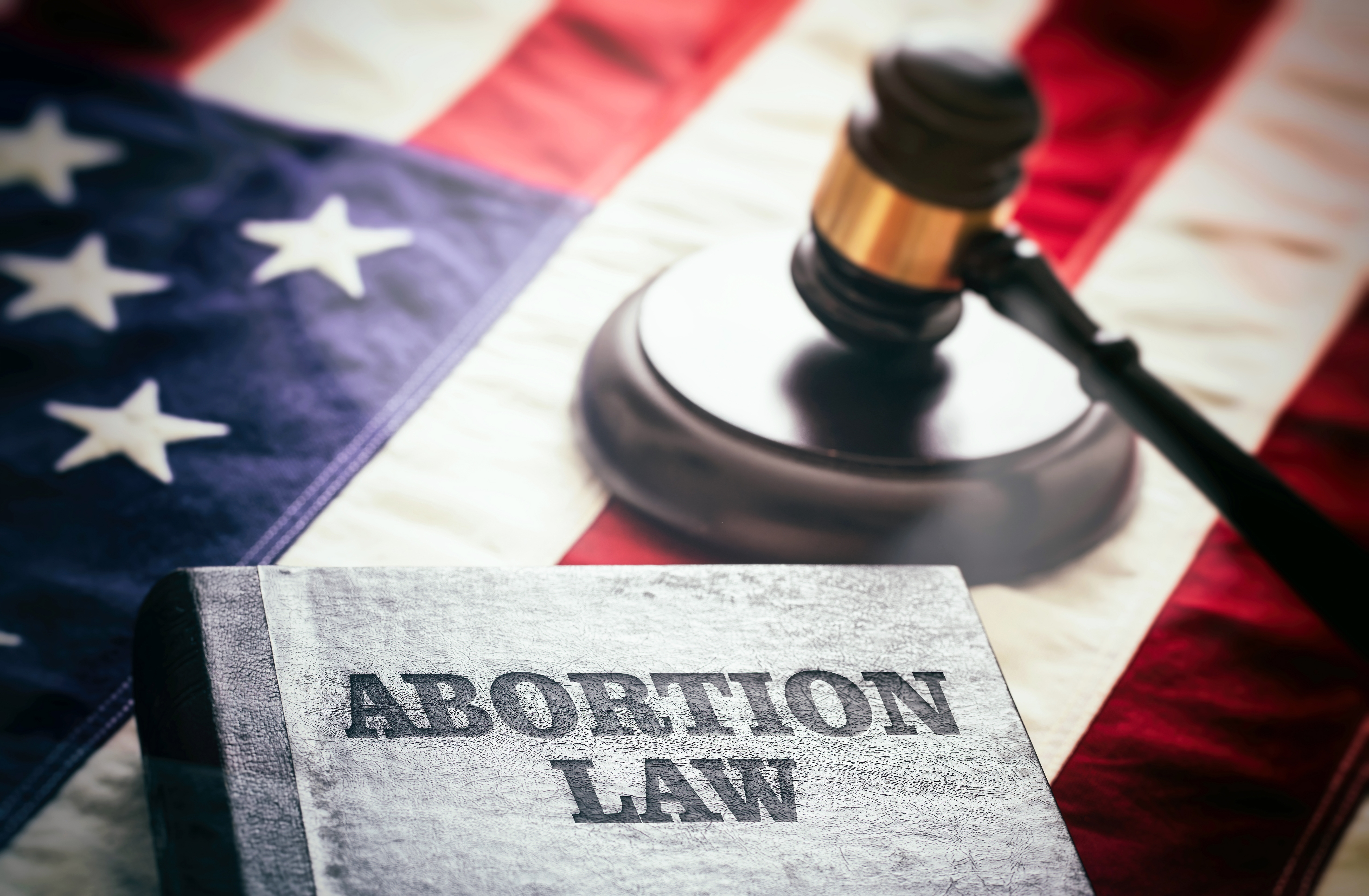Just when you think the U.S. Supreme Court could not have been any clearer when it overturned Roe v. Wade in Dobbs v. Jackson Women’s Health Organization last June, a federal judge has questioned whether the high court really meant what it said in Justice Samuel Alito’s majority opinion which declared, “The Constitution does not confer a right to abortion.”
“What in the world?” you might ask. Here’s what’s going on.
U.S. District Court Judge Colleen Kollar-Kotelly, a President Clinton appointee, is presiding over the criminal trial of nine pro-life defendants who are accused of violating the Federal Access to Clinic Entrances (FACE) Act by blocking access to a Washington, D.C., abortion facility in October 2020. If convicted, each defendant could face up to 11 years in prison and a fine of up to $350,000.
Twenty-eight-year-old Lauren Handy organized the event for which she and the others were arrested, and her attorneys have filed a motion to dismiss the federal charges against her, arguing that the Dobbs decision removed Congress’ interest in regulating access to abortion facilities, making her arrest illegal.
In addressing the motion, the judge ordered the parties to submit briefs advising her whether the Dobbs court left open the possibility that the 13th Amendment to the U.S. Constitution could contain a possible constitutional guarantee of abortion. If so, the judge said, Handy’s argument would fail.
The judge wrote:
“Mindful that that this Court is bound by holdings, and in consideration of the Supreme Court’s longstanding admonition against overapplying its own precedent, it is entirely possible that the Court might have held in Dobbs that some other provision of the Constitution provided a right to access reproductive services had that issue been raised. However, it was not raised.”
The 13th Amendment says:
“Neither slavery nor involuntary servitude, except as a punishment for crime whereof the party shall have been duly convicted, shall exist within the United States, or any place subject to their jurisdiction.”
What do slavery and involuntary servitude have to do with abortion?
Judge Kollar-Kotelly found a legal scholar who has argued, however tenuously, that there is a connection, and the judge used that as a way of raising the issue in the case before her.
One legal expert, Ed Whelan, calls the judge’s call for legal arguments connecting the 13th Amendment and abortion, “silly grandstanding.”
“In other words, under binding circuit precedent, the constitutional status of abortion is irrelevant to the question whether the FACE Act may lawfully be applied,” Whelan explained. “So there is no point to the briefing that Kollar-Kotelly is requesting” (emphasis in original).
Whelan grants the judge’s observation that the Dobbs court did not specifically hold that the 13th Amendment does not provide a right to abortion. Nor the 3rd Amendment, nor any number of constitutional provisions that have been cited to advance the cause of abortion.
But he points out that it was not necessary to do so.
“But it ought to be obvious that what the Court in Dobbs described as the ‘unbroken tradition of prohibiting abortion on pain of criminal punishment [that] persisted from the earliest days of the common law until 1973’ would foreclose these other alleged bases for an abortion right,” Whelan wrote.
To be fair, Whelan does not think that defendant Lauren Handy will succeed with her motion to dismiss the charges against her based on the Dobbs opinion. The FACE Act, as the judge correctly noted in her order, “regulates [access to] a broad category of ‘reproductive health services,’” not just access to abortion, Whelan emphasized.
The FACE Act’s constitutionality is based on Congress’ power under the Commerce Clause (Article 1, Section 8, Clause 3), not a purported constitutional right to abortion, and the judge knows this, according to Whelan, a former law clerk to Justice Antonin Scalia.
The FACE Act also protects places of worship as well as pregnancy resource centers (PRCs), both of which have suffered from a rash of vandalism and violence since the Dobbs opinion was first leaked last May. In those cases, the FBI has made only two arrests, related to attacks on PRCs in Florida.
No matter how the pro-life defendants in D.C. ultimately fare against the charges currently being litigated in Kollar-Kotelly’s courtroom, any attempt to use the trial as a possible avenue to claim a new source of a constitutional basis for abortion ought to be roundly condemned.
Please pray for the defendants in the D.C. case as their litigation continues, and for the cause of preborn life they are on trial for.
The case is United States v. Handy.
Photo from Shutterstock.






